Operations. It’s the part of your business that no one sees, but everyone is impacted by.
We’ve all experienced inefficient operations at some point in our lives (you’ve been to the DMV, right?). Poor customer service, receiving a defective product (or not receiving it at all), attending an event filled with technical issues, or dealing with the red tape runaround are all manifestations of business operations gone wrong.
But we looove it when businesses flow smoothly and efficiently! A stellar customer experience leaves us floating on the clouds and ready to write a 5-star review. We shop, order, and receive products on our doorstep in less than 24 hours without ever leaving the house. We go to the doctor’s office, check in, are quickly taken back to our room, and are immediately seen by the doctor who greets us with a smile before we have time to start scrolling on our phones. Ahhh.…what a picture of operational bliss.
The point is that how businesses operate makes all the difference in how you perceive them, how you feel about them, and whether or not you’ll buy from them again.
The same is true for your business.
Your business operations play a significant role in how your clients and potential clients experience your business. Will they be loyal, repeat customers, or will they find someone else next time?
Not only that, but your operations also determine how YOU experience your business. The difference between flowing freely in your gift and flying by the seat of your pants lies in your business operations. Your overall profitability is directly impacted by your business operations. Your customer retention or attrition rates are closely linked to your business operations.
To create the experience you desire – and that you desire for your clients – you must invest the time and effort to develop your business operations, which is everything behind the scenes that makes your business function. It’s your processes, systems, people, administrative management, financial practices, and all the other details that make it possible for you to do what you do.
Benefits of Efficient Business Operations
When your business operates efficiently, you spend less time on non-billable administrative tasks and more on revenue-generating activity. Having well-defined processes and systems makes it easier to get work done, respond to customers, and provide your services. With smooth operations, you’re not wasting precious time trying to figure things out because you’ve already determined the necessary steps to deliver your products and services with excellence. And when smart workflows and automations are factored into your operations, your back office pretty much runs itself, freeing you to focus on coaching your next client, delivering your next speech, closing your next deal, or doing whatever work you’re most passionate about.
The Essential Checklist for Efficient Business Operations
Whether you need to build or strengthen your business operations, this checklist of essential business processes will help you operate efficiently and create a positive experience for your clients.
- Client Experience:
- Responding to phone calls, emails, DMs, and website inquiries
- Preparing quotes and proposals (and following through)
- Onboarding new clients once they say yes
- Ensuring on-time and accurate delivery of your products or services
- Following up with clients post-delivery for feedback and future sales
- Financial:
- Creating an annual budget and comparing your monthly actuals against your budget
- Establishing and maintaining your books in a way that facilitates reporting and tax prep
- Running monthly financial reports to understand where you’re losing or gaining
- Sending invoices, receiving payments, collecting on unpaid invoices
- Banking, online payments, cash transactions, and reconciling these
- Project Management
- Keeping track of tasks, milestones, and due dates
- Ensuring your vendors or contractors deliver on time
- Resource planning to ensure your projects are properly staffed and budgeted
- Marketing
- Identifying and attracting your ideal client
- Managing your contacts and leads
- Preparing, sending, and following up on quotes/proposals
- Engaging with clients regularly
- Promoting your products or services
- Maintaining your website and social media
- Staffing
- Recruiting, training, and managing your employees
- Choosing contractors and overseeing their work
- Getting people paid – accurately and on time
- Prioritizing your own time between billable and nonbillable activities
By focusing on these standard processes, you will establish a solid operational foundation for your small business. You’ll find that your business runs much more smoothly and efficiently. Your clients will be impressed and singing your praises. And you’ll discover more freedom to do the work you’re most passionate about and to grow your company to the next level.





